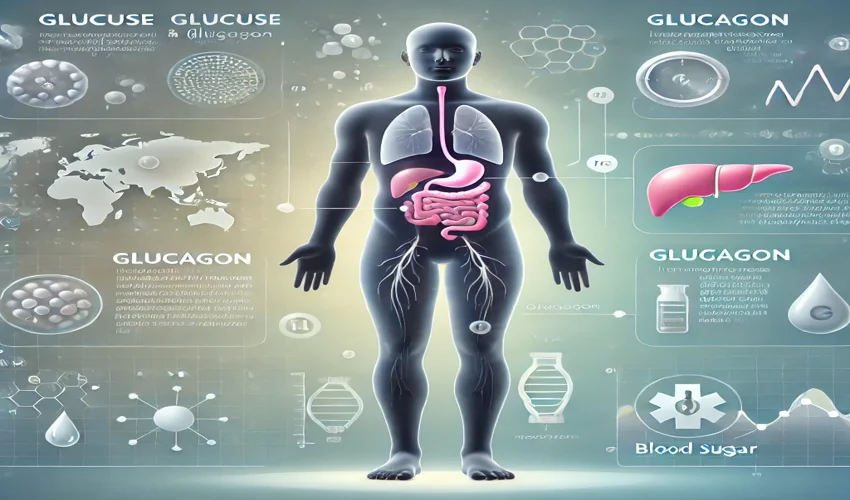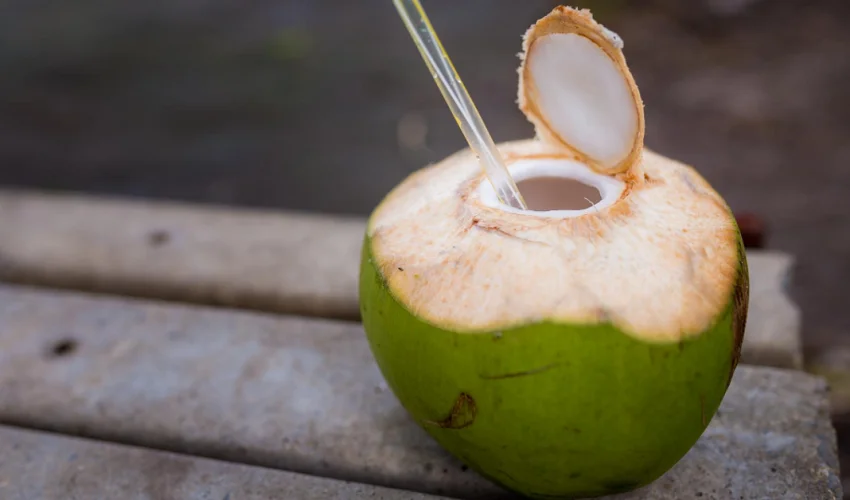What is Hypoglycemia?
Low blood glucose, or hypoglycemia, occurs when your blood sugar levels drop below 70 mg/dL. This can happen due to factors like insulin or certain diabetes medications. Hypoglycemia can cause symptoms such as shakiness, sweating, confusion, irritability, or even fainting. It can become life-threatening If it is not treated promptly.
How to Raise Blood Glucose Quickly
The first line of defense against hypoglycemia is to consume rapid-acting carbohydrates. These are foods or drinks that are absorbed quickly into your bloodstream and raise the glucose levels. Some examples of paid-acting carbs are:
- Glucose tablets or gels
- Sugary drinks such as fruit juice or regular soda (not diet soda as it contains no sugar)
- A tablespoon of honey or sugar
- Candies such as hard candy or jellybeans
There are options available that provide portable, pre-packaged carbohydrate-containing products which can be a lifesaver in such emergencies. You must keep these items on hand in your bag, car, or workplace to ensure you can address a hypoglycemic episode anytime, anywhere.
What is Glucagon?
Glucagon is a hormone that works by signalling your liver to release stored glucose into the bloodstream, which can rapidly raise blood sugar levels. It is used in severe hypoglycemiac situations when a person is unable to eat or drink due to confusion, unconsciousness, or a seizure etc.
How is Glucagon Administered?
There are two main forms of glucagon treatments that your doctor may recommend:
- Glucagon Injections: These are typically administered using a pre-filled syringe or an auto-injector.
- Glucagon Nasal Powder: A needle-free option, that is inhaled through the nose. To understand what kind of doctor treats diabetes and can guide you in managing conditions like hypoglycemia, explore this guide.
These treatments are designed for ease of use, and no medical expertise is required to administer them.
Training Your Loved Ones to Use Glucagon
You should teach people close to you, such as family members, friends, or coworkers about glucagon – where glucagon is stored and how to use it. A quick briefing can save precious time in an emergency. Key points that you can share include:
- How to recognize signs of severe hypoglycemia.
- Instructions for administering glucagon (follow the manufacturer’s guide).
- Importance of contacting emergency services after administering the glucagon.
Takeaway Tips
- Always carry a source of rapid-acting carbohydrates.
- Keep glucagon treatments readily accessible.
- Inform and train those around you about managing severe hypoglycemia episodes.
You can effectively manage hypoglycemia and ensure safety during emergencies if you stay prepared and educate your support system.
Stay informed, stay safe, and share your experiences to empower our diabetes community!




